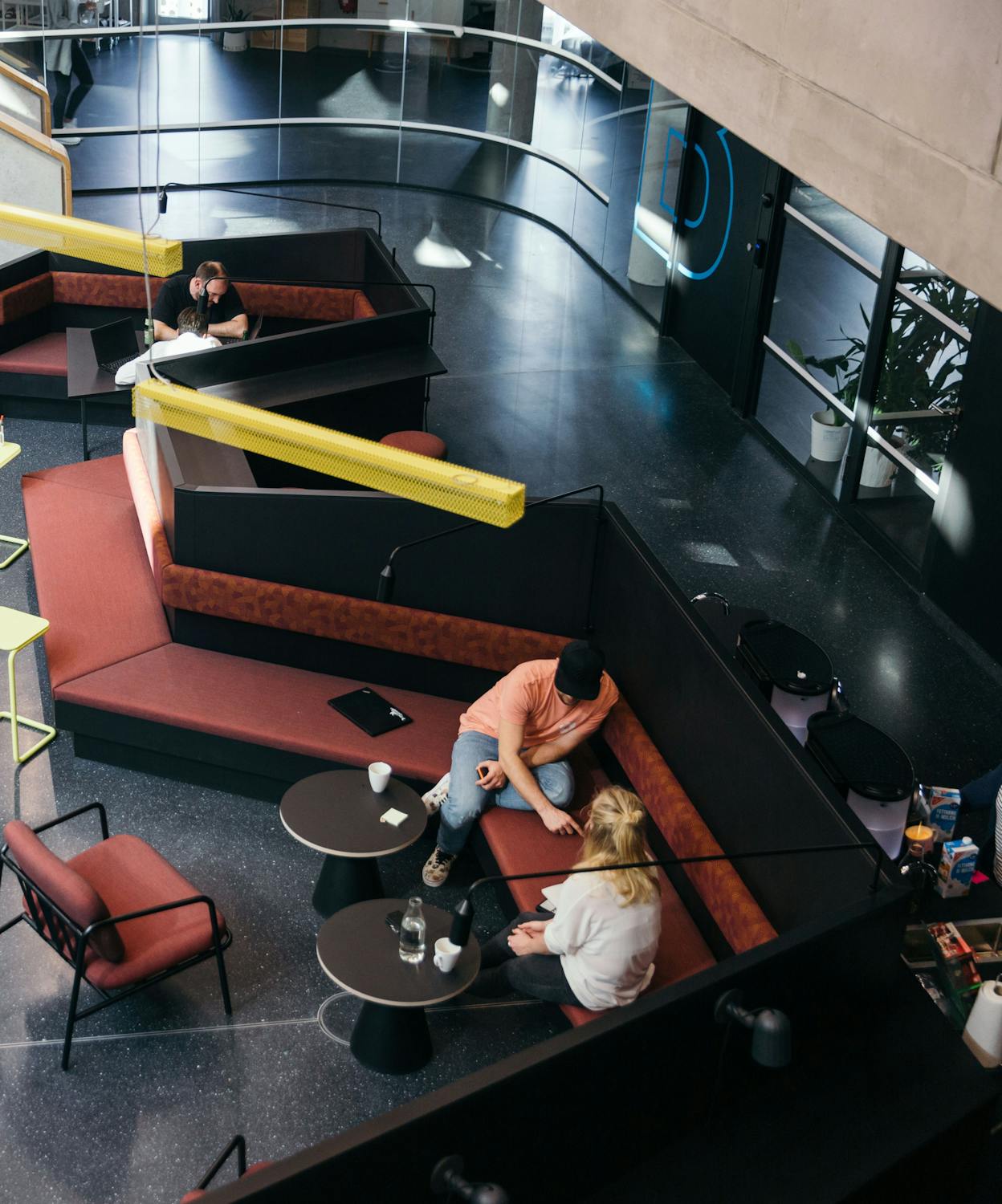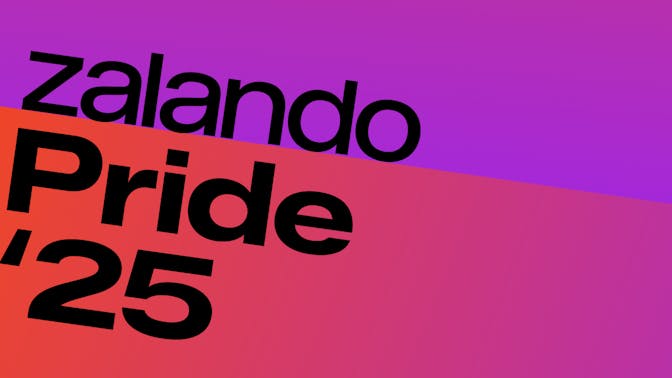
Meet the Mentors: Mentoring at Zalando
Mentorship is a powerful key to unlocking potential and driving innovation. Mentoring at Zalando helps to connect experienced leaders with emerging talent, fostering a culture of growth, self-reflection and collaboration. In this special feature, we introduce you to some of the inspiring mentors who are shaping the future of Zalando. Discover the insights and experiences of Joyce Chen, VP of Engineering, Engineering Manager Ahmed Mahmoud and Tina Balavadze, Junior Software Engineer.
5 min
21 October 2024

Why did you become a mentor and why is it important to you?
Joyce: Throughout my career, I've been fortunate to have mentors who have each made a unique contribution to my development. Now, as a mentor myself, I want to give back in the same way that my mentors have influenced me over the years. It’s important to me because it’s not just about sharing knowledge; it’s about making a personal connection and inspiring others to see new possibilities. By paying it forward, I hope to contribute to a cycle of support, helping others to grow just as I was once helped.
Tina: I’ve had incredible mentors who shaped who I am today. Mentoring is my way of paying it forward. Thanks to my ADHD, I've had so many unique experiences. They’ve made me curious, always learning, always moving. Mentoring keeps me grounded—it’s one of the few things I’ll always make time for. It’s personal. It’s real. And it matters.
Ahmed: I genuinely like to help others. I struggled a lot at the beginning of my career (almost 22 years ago) when the information and guidance wasn't available as it is now. We’ve now moved from the extreme of not having enough information to having too much. This means that many mentees now need some guidance to maintain focus and be productive.
What do you think are the main benefits for mentors, not just mentees?
Joyce: It gives me the opportunity to reflect on my own experiences and articulate the lessons I have learnt, thereby deepening my own understanding and often leading to new insights.
Tina: Mentoring isn’t a one-way street. It’s a two-way exchange. You ask questions and, in turn, question yourself. Every conversation sharpens you and forces you to grow. You learn as much from your mentee as they do from you. That’s the beauty of it—mentoring keeps you learning, keeps you evolving.
Ahmed: It is one of the sources of learning for me. It teaches me a lot. The questions from the mentees sometimes make me dig deeper into certain topics in order to explain them correctly to them. It also pushes my boundaries beyond my normal day-to-day work. For example, to support my mentees in 2019, I had to provide them with a work-like development environment. This improved my devOps skills much more than when I was just a user of an existing infrastructure.
What does mentoring involve and what have you learned from the experience so far?
Joyce: Mentoring involves listening without judgement, offering insights, and helping mentees explore issues from different perspectives without prescribing solutions. I’ve learned that it’s more about guiding discovery than providing answers.
Tina: Mentoring isn’t about having all the answers. It’s about listening, guiding, and being there. It’s learning that people already have the answers—they just need someone to ask the right questions.
Ahmed: It takes a lot of patience, commitment, trust and a wise set of goals. Trust is the keystone of this relationship as it helps the mentor to guide the mentee smoothly and keep them on track.
How do you build trust and maintain a strong relationship with your mentee?
Joyce: For me, building trust starts with finding common ground. In one of my mentoring experiences, daily carpooling created a shared routine that allowed for open, honest conversations. As a mentor, I seek out similar connections with my mentees, focusing on shared interests or values to foster trust and understanding. This foundation makes it easier to support each other and grow together.
Tina: I create a space where my mentee feels safe to open up, to ask for help and to be themselves. I’m there, not just for the good times but when things get tough. Real trust isn’t built in a day—it’s built through consistency, empathy, and showing up as your authentic self.
Ahmed: Building trust is not an easy task, so I make sure that I accept mentorship requests carefully. Once I start working with a mentee, we agree on what the whole mentoring journey will look like (communication channel, frequency and duration of sessions, my and the mentee's responsibilities) and start with an achievable goal to build trust. From there, we build on each other incrementally. Where possible, I look for opportunities for them to practise the concepts we discuss in our session.
Do you have any advice you would give to prospective mentors and mentees?
Joyce: My advice to prospective mentors and mentees is to approach the relationship with openness. An open-minded approach fosters mutual growth, making the mentorship experience more enriching for both parties.
Tina: I think mentors should know that they don’t have to know everything. Just be present, be curious, and be open to learning. And for mentees: Be brave. Show up with your questions, your doubts, and your real self. That’s where the magic happens.
Ahmed: Do not try to find a mentee, let them find you! Mentors should assess their mentee before starting the mentoring relationship to understand their needs. It is important to establish the goal of the mentorship relationship, break this down into smaller goals and define the mentorship period.
Mentees, on the other hand, should make sure they find the right mentor. Do not assume that the mentor will be your colleague. They probably don't have the full context of what you're working on, so it's important to provide context. Mentees should also avoid wasting time by doing research before going to their mentor. Write specific questions and be clear about what you expect from the answers.

